What Were The Most Important Changes Made To The Piano During The Romantic Period (1790-1870)?
The Romantic period or Romantic era lasted from the finish of the Eighteenth Century towards the mid 19th Century.
Romanticism was a motion which highlighted the importance of:
- The individual emotions, feelings, and expressions of artists.
- It rejected rigid forms and structures. Instead, it placed keen stress on the private, unique experience of an creative person/writer.
- Romanticism gave smashing value to nature, and artists feel within nature. This was in stark contrast to the rapid industrialisation of society in the Nineteenth Century.
- Romanticism was considered idealistic – a conventionalities in greater ethics than materialism and rationalism and the potential dazzler of nature and mystical experience.
- Romanticism was influenced by the ethics of the French and American revolution, which sought to complimentary homo from a rigid autocratic society. Over time, it too became more associated with burgeoning nationalistic movements, eastward.g. move for Italian independence.
Famous Romantic Poets
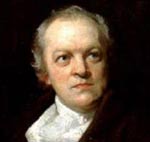
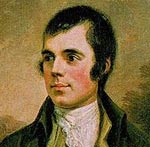
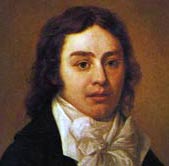
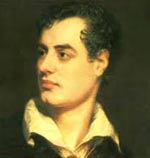
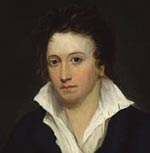
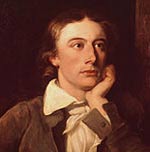
Writers of the Romantic menstruation
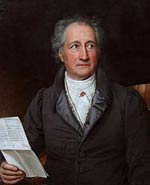 Johann Wolfgang von Goethe (1749 – 1832) German language poet, playwright, and author. Goethe'southward piece of work The Sorrows of Young Werther (1774) influential in creating an ideal of a passionate and sensitive principal graphic symbol.
Johann Wolfgang von Goethe (1749 – 1832) German language poet, playwright, and author. Goethe'southward piece of work The Sorrows of Young Werther (1774) influential in creating an ideal of a passionate and sensitive principal graphic symbol.
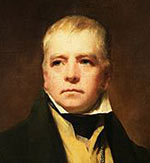
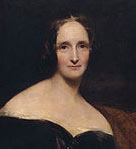
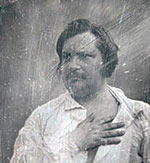
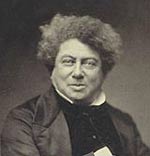 Alexandre Dumas (1802 – 1870) Writer of historical dramas such equally The Count of Monte Cristo, The Three Musketeers, and the Marie Antoinette romances. Dumas was a larger than life character and influential writer.
Alexandre Dumas (1802 – 1870) Writer of historical dramas such equally The Count of Monte Cristo, The Three Musketeers, and the Marie Antoinette romances. Dumas was a larger than life character and influential writer.
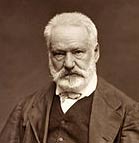 Victor Hugo (1802 – 1885) Perhaps the greatest French author. Noted for his poetry and novels. His novels include Les Misérables, 1862, and Notre-Dame de Paris, 1831. Besides became a leading Republican.
Victor Hugo (1802 – 1885) Perhaps the greatest French author. Noted for his poetry and novels. His novels include Les Misérables, 1862, and Notre-Dame de Paris, 1831. Besides became a leading Republican.
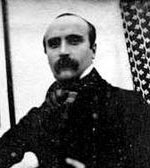
Writers of the American Romantic Era
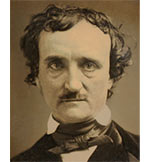
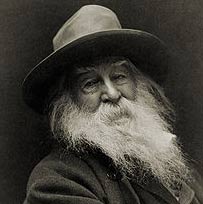
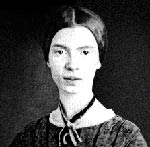
Romantic Artists
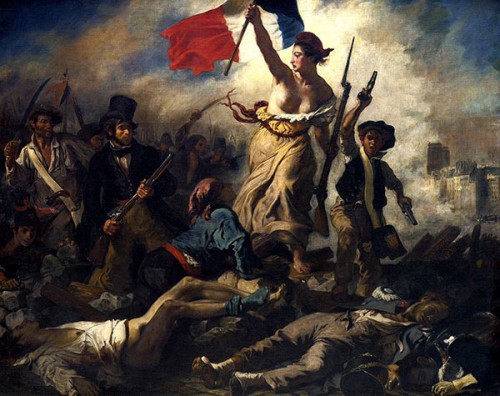
Eugène Delacroix – La liberté Guidant le Peuple. Commemorates the French Revolution of 1830 (July Revolution) on 28 July 1830.
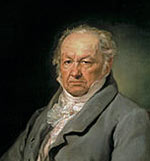
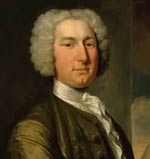
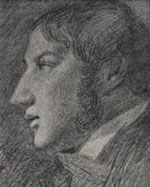
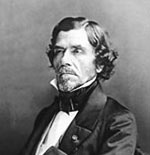
Composers of the Romantic period
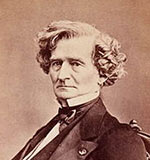
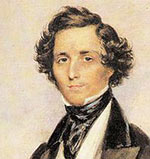
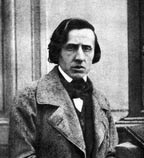
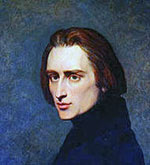
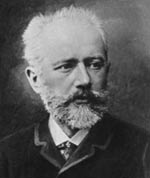
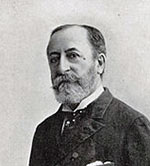
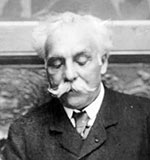
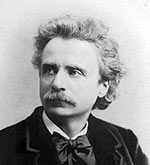
Citation: Pettinger, Tejvan. "Famous People of the Romantic Menstruation", Oxford, world wide web.biographyonline.net, 16 March 2015.
Frg: Memories of a Nation
 The Romantic Poets at Amazon. The major works of the motion's 5 most famous poets — William Wordsworth, George Gordon Byron, Percy Bysshe Shelley, Samuel Taylor Coleridge, William Blake, and John Keats — are represented in this Word Cloud Classics volume.
The Romantic Poets at Amazon. The major works of the motion's 5 most famous poets — William Wordsworth, George Gordon Byron, Percy Bysshe Shelley, Samuel Taylor Coleridge, William Blake, and John Keats — are represented in this Word Cloud Classics volume.
Related pages
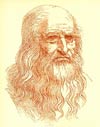

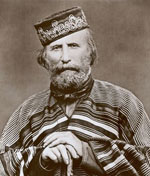
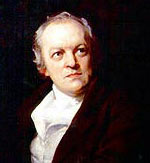
You can read more at our privacy folio, where you lot can alter preferences whenever yous wish.
Source: https://www.biographyonline.net/famous-people-of-the-romantic-period/
Posted by: duranhishentimed.blogspot.com


0 Response to "What Were The Most Important Changes Made To The Piano During The Romantic Period (1790-1870)?"
Post a Comment